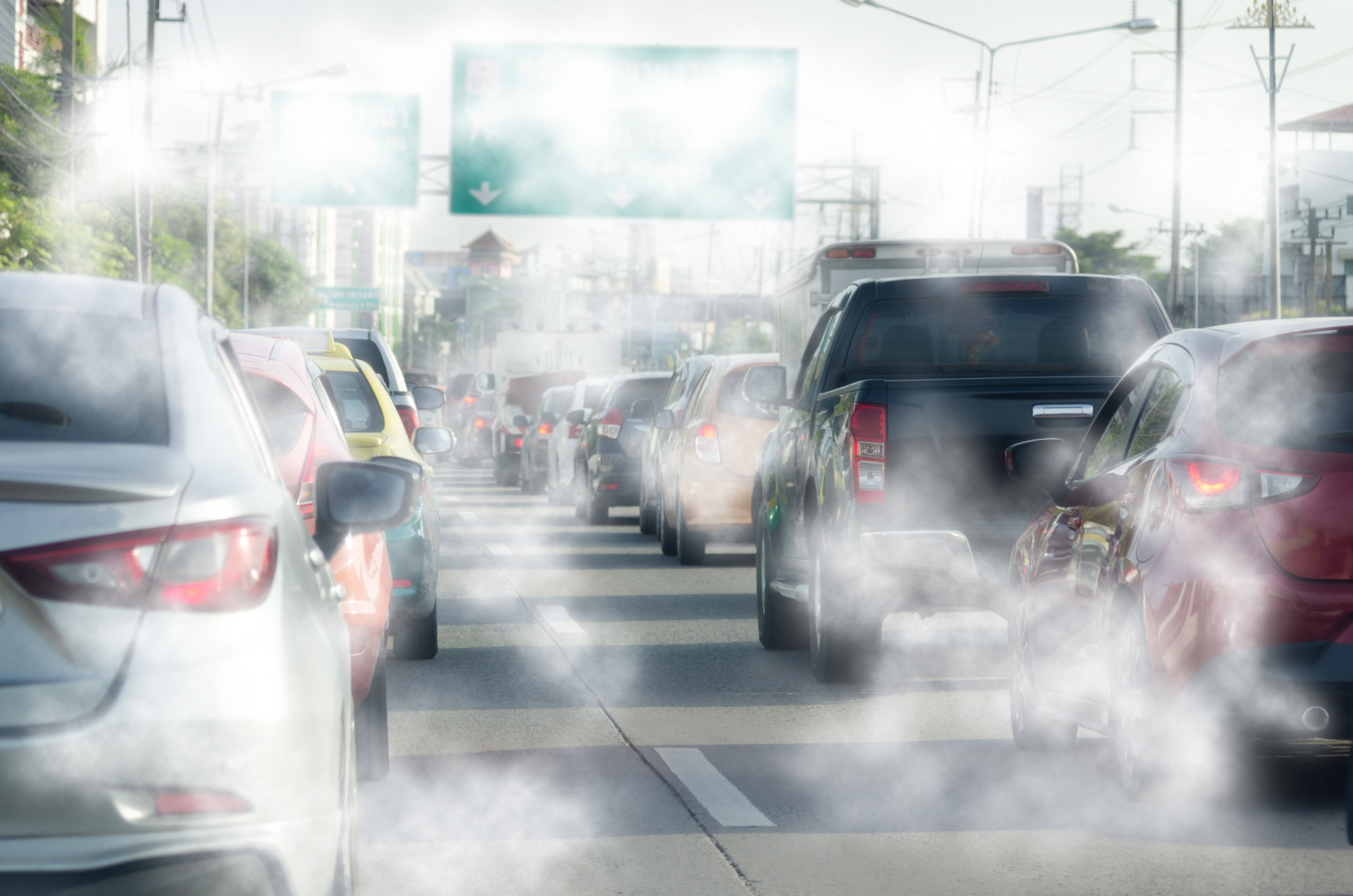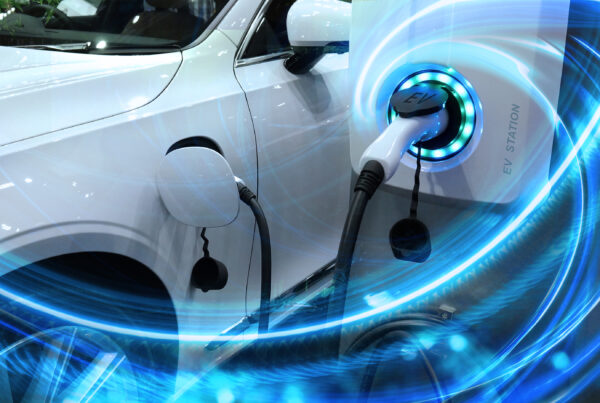A new study commissioned by the Motor Trades Association of Australia (MTAA) warns that the New Vehicle Efficiency Standard (NVES) could result in hefty fines. Leading car manufacturers may face up to $2.8 billion in penalties by 2029 if they fail to meet Australia’s emissions targets.
The study, carried out by automotive intelligence firm Blueflag, has raised concerns that the fines could be passed onto dealers and customers if manufacturers don’t adapt their products to meet the new requirements.
The NVES, which took effect on 1st January 2025 to reduce vehicle emissions, is one of the “biggest challenges” facing the car industry. The study predicts that, without changes to their product lines, car brands could face large penalties.
To avoid these fines, car companies have several options, such as introducing low-emission vehicles, adopting new technologies, or purchasing credits from EV-only manufacturers. They may also raise prices, cut back on high-emission car production, or exit the Australian market if they cannot meet the new standards.
Dealers and Manufacturers Face Growing Pressure
MTAA CEO Matt Hobbs urges the government to support dealers and aid manufacturers in the transition.
“The federal government cannot control global trends, such as tariffs in the US and EU. However, if a car company is unable to change to low-emission vehicles but continues to demand that dealers invest millions, only to later tell them they can no longer supply competitive cars to Australia, it leaves dealers stuck,” said Hobbs.
The research shows that some manufacturers are already taking steps to meet the new standards. For example, Toyota has decided to make all its passenger cars hybrid. Meanwhile, Ford has brought a plug-in hybrid Ute to Australia. However, more work is needed to keep prices fair for customers. With the pressure to meet NVES targets growing, the MTAA is calling for the government to act quickly.
To help address these issues, the MTAA is urging the government to take immediate steps, including:
- Strengthening the Franchising Code of Conduct to give car dealers more negotiating power with global manufacturers.
- Using NVES reviews, such as the one already scheduled for 2026, to make sure Australia’s rules keep up with countries like the US and the EU, which are also changing their fuel efficiency standards.
- Introducing point-of-sale compliance to stop dealers from being forced to take cars at the end of the year just to meet a manufacturer’s NVES targets, ensuring that dealers don’t end up with unsellable stock.
As car brands modernise their vehicle lineups to meet NVES standards, the MTAA urges the government to protect small businesses. It also calls for measures to ensure dealers and customers are not left behind.
Did you find this article interesting? Click the ‘heart’ button above to give it a ‘like’!



















